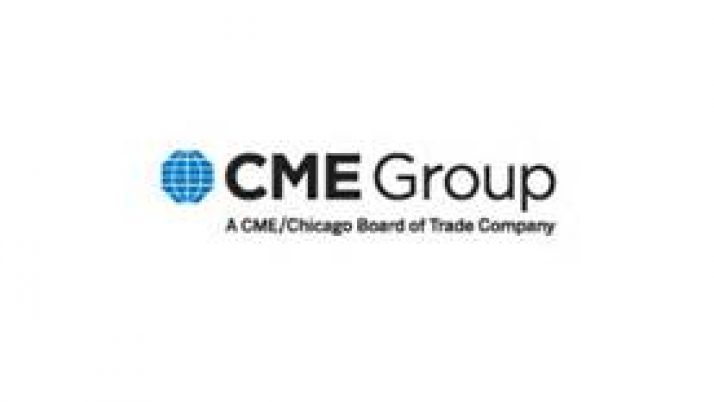BREAKING: Missouri Senate Passes HB 567 – Major Changes to Paid Sick Leave and Minimum Wage Laws Ahead
In a significant late-night development on May 14, 2025, the Missouri Senate passed House Bill 567 (HB 567) — a sweeping piece of legislation that effectively repeals Proposition A and










